10 Remarkable Health Benefits of Ginger
Ginger, a popular spice and traditional medicine, has been used for centuries to treat various ailments. In recent years, scientific research has confirmed many of its health benefits. In this article, we will explore 10 remarkable health benefits of ginger and how you can incorporate it into your daily routine.
Reduces Inflammation
Ginger contains potent anti-inflammatory compounds called gingerols, which can help reduce inflammation in the body. This is particularly beneficial for people with inflammatory conditions such as arthritis, asthma, and inflammatory bowel disease[[1]].
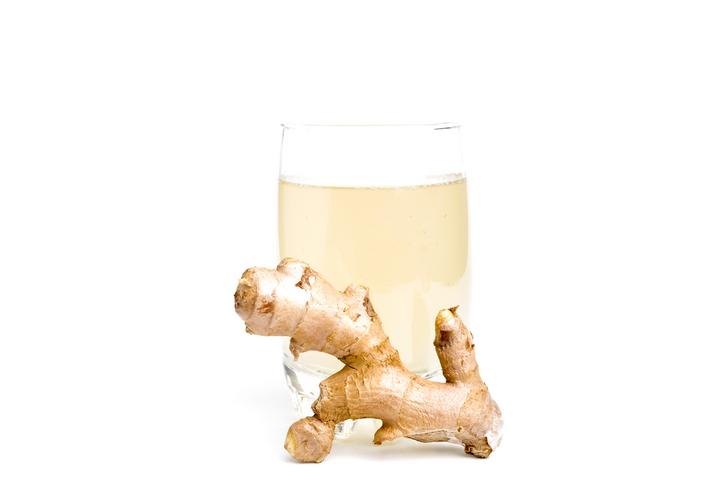
Advertisement
Aids Digestion
Ginger has long been used as a digestive aid, and research supports its effectiveness in this area. It can help stimulate the production of digestive enzymes, improve gut motility, and reduce bloating and gas[[1]].
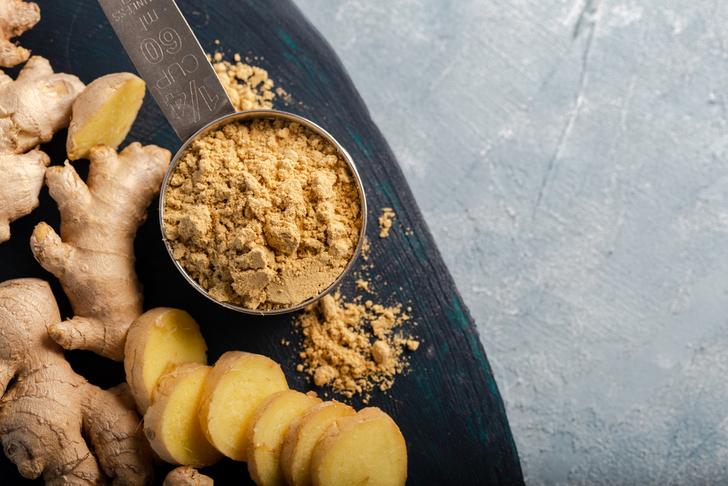
Advertisement
Relieves Nausea and Vomiting
One of the best-known benefits of ginger is its ability to relieve nausea and vomiting. It has been found to be effective in treating morning sickness during pregnancy, as well as nausea caused by chemotherapy and surgery[[1]].
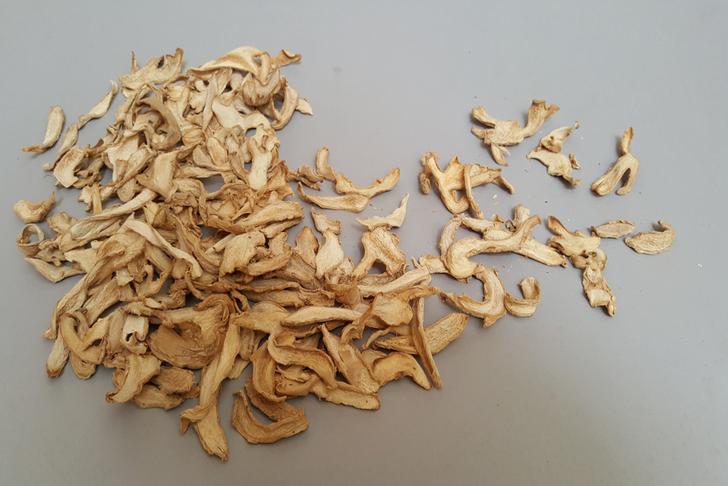
Advertisement
Supports Cardiovascular Health
Ginger may help lower blood pressure and reduce the risk of heart disease by improving blood circulation and preventing the formation of blood clots. It has also been shown to lower cholesterol levels and reduce inflammation in the blood vessels, which can contribute to vascular dementia[[1],[3]].
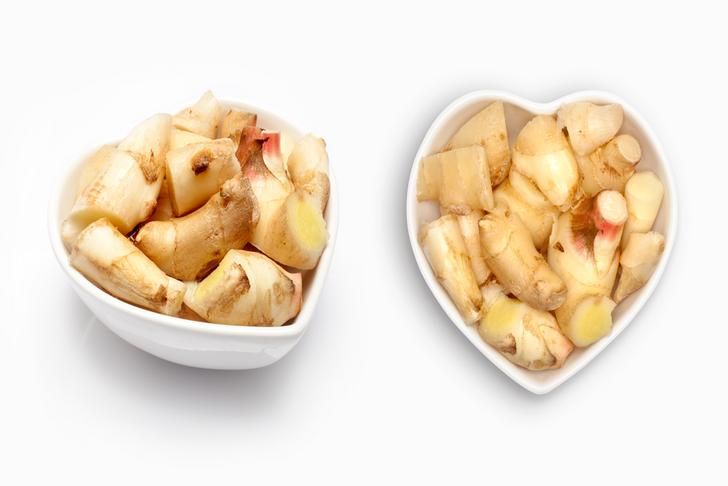
Advertisement
Fights Infections
Ginger has powerful antimicrobial properties, which can help protect against various types of infections. It has been found to be effective against bacteria, viruses, and fungi, making it a valuable natural remedy for colds, flu, and other infections[[1]].
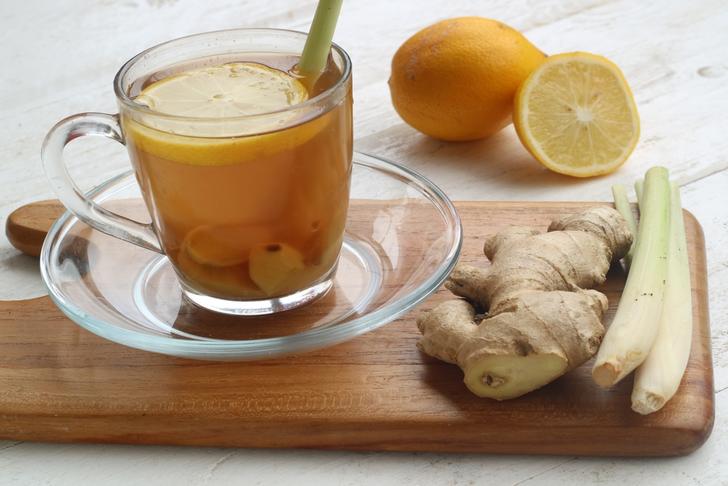
Advertisement
Eases Menstrual Pain
Ginger has been found to be effective in reducing menstrual pain when taken at the beginning of the menstrual period. It is believed to work by inhibiting the production of prostaglandins, which are responsible for causing pain and inflammation during menstruation[[1]].

Advertisement
May Help Prevent Cancer
Some studies suggest that ginger may have cancer-fighting properties, particularly against ovarian and colorectal cancers. While more research is needed, ginger’s anti-inflammatory and antioxidant effects may play a role in its potential cancer-fighting abilities[[1]].
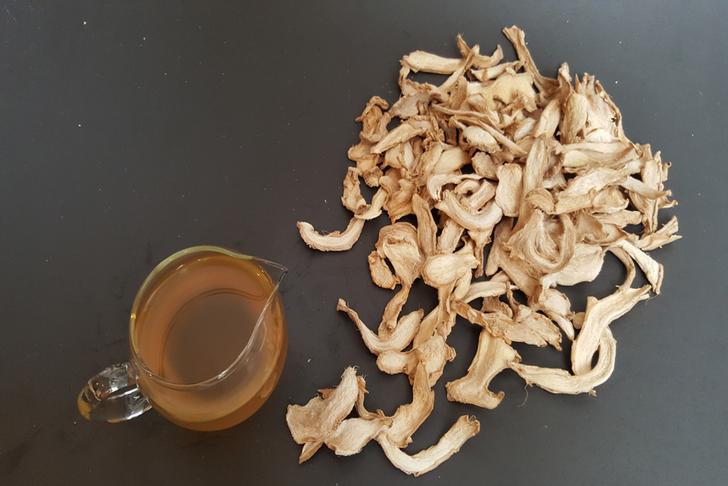
Advertisement
Supports Respiratory Health
Ginger’s anti-inflammatory properties can also benefit those with respiratory issues, such as asthma and bronchitis. It may help reduce airway inflammation and improve lung function, making it easier to breathe[[1]].
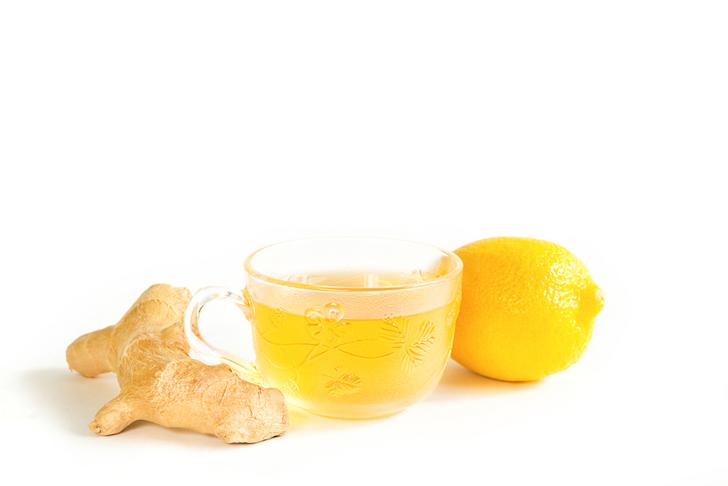
Advertisement
Reduces Muscle Pain and Soreness
Ginger has been found to be effective in reducing muscle pain and soreness caused by exercise. Its anti-inflammatory and analgesic properties can help alleviate pain and promote muscle recovery[[1]].
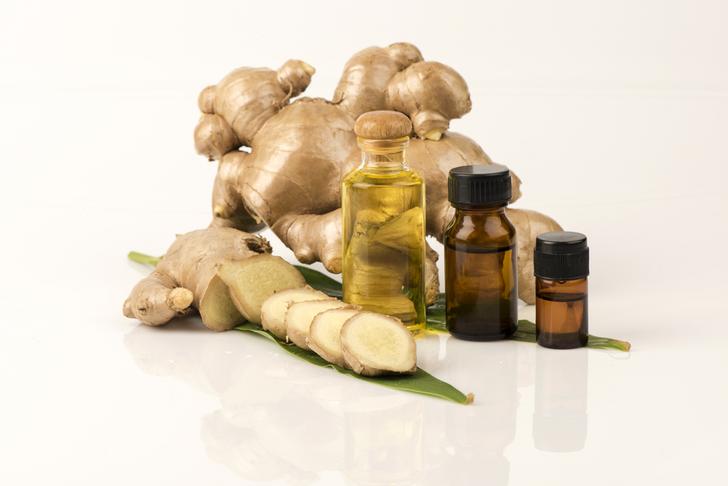
Advertisement
May Improve Brain Function
Some research suggests that ginger may help protect against age-related decline in brain function. Its antioxidant and anti-inflammatory properties may help reduce oxidative stress and inflammation in the brain, which are believed to contribute to cognitive decline[[1]].
In conclusion, ginger offers a wide range of health benefits, from reducing inflammation to aiding digestion. By incorporating ginger into your daily routine, you can take advantage of its numerous health-promoting properties. Whether you choose to consume it as a tea, supplement, or simply add it to your meals, ginger is a versatile and powerful natural remedy.
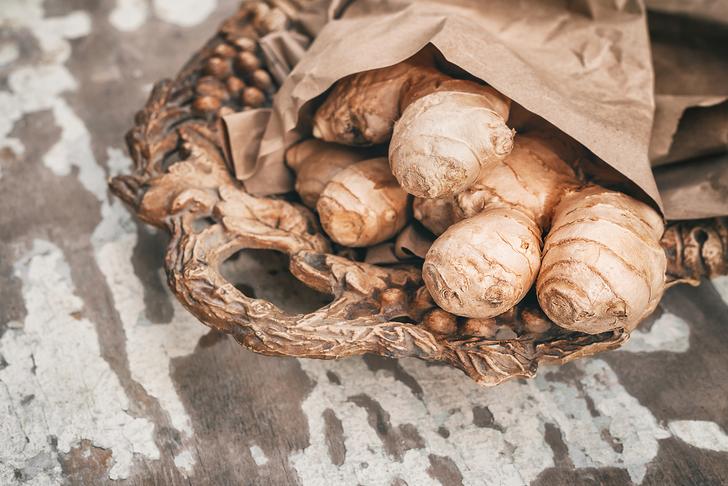
Advertisement
Foods with Similar Health Benefits to Ginger
Ginger is a versatile and widely recognized spice known for its unique flavor and potential health benefits. While no food is an exact substitute for ginger, several other foods offer similar benefits. Here are some examples:
Turmeric: Turmeric is a vibrant yellow spice often used in curry dishes. It contains a compound called curcumin, which has potent anti-inflammatory and antioxidant properties similar to ginger. Turmeric can be used in various dishes or consumed as a supplement.
Garlic: Garlic is a pungent bulb that belongs to the same family as ginger. It has been used for centuries for its potential health benefits, including anti-inflammatory and immune-boosting properties. Garlic can be incorporated into many savory dishes for added flavor and potential health benefits.
Cayenne pepper: Cayenne pepper is a hot spice that contains a compound called capsaicin. Capsaicin has anti-inflammatory effects and may help with pain relief. Like ginger, cayenne pepper can be added to dishes or used as a seasoning.
Cinnamon: Cinnamon is a sweet and aromatic spice with potential health benefits. It has anti-inflammatory and antioxidant properties and may help regulate blood sugar levels. Cinnamon can be sprinkled on oatmeal, added to baked goods, or used in warm beverages.
Cloves: Cloves are aromatic flower buds that have a warm and spicy flavor. They contain antioxidants and have potential anti-inflammatory properties. Cloves can be used in various dishes, particularly in baking and spiced beverages.
Lemon: While lemon is not a spice, it offers some similar benefits to ginger, particularly its digestive properties. Lemon contains citric acid, which can aid digestion and promote detoxification. Squeezing fresh lemon juice into water or using it as a garnish can add a refreshing taste and potential health benefits.
Incorporating these foods into your diet can provide some of the health benefits associated with ginger. However, it’s important to note that ginger has a unique combination of compounds, so its effects may not be fully replicated by other foods.
Advertisement
History of Ginger
Ginger has been used for over 5,000 years. Not only for its health benefits, but also for its flavour in various dishes and desserts, like those delicious gingerbread cookies. It even served as a currency at one point.
Here is some interesting info and history about ginger:
Ginger originates from Southeast Asia, specifically the tropical rainforests of India and China, where people have cultivated it for over 5,000 years.
Ancient cultures valued ginger for its medicinal properties, using it in China and India for digestion and as an anti-inflammatory agent. Ayurvedic medicine also employed ginger to treat various ailments.
Ginger played a significant role in the medieval spice trade. Arab traders transported ginger from Southeast Asia to the Middle East, where it gained immense popularity. The Romans later introduced it to Europe.
Ginger was considered a luxury item during the Middle Ages and commanded high prices. It even served as a currency, frequently exchanged for other valuable goods.
Ginger is a widely used spice and flavoring agent in various cuisines worldwide. It imparts a unique, warm, and slightly spicy flavor to dishes commonly found in Asian, Indian, and Middle Eastern cooking.
Ginger has a long history of traditional medicinal use. It is believed to aid digestion, relieve nausea, reduce inflammation, and assist with respiratory conditions. Many people rely on ginger tea as a home remedy for colds and flu.
Gingerbread cookies and houses have been popular holiday traditions in Europe for centuries, thanks to the distinctive flavor ginger lends to these treats.
Extensive research has examined the potential health benefits of ginger. It contains bioactive compounds like gingerol, which possesses potent antioxidant and anti-inflammatory properties. Studies suggest ginger may help with nausea, vomiting, and muscle pain and may even have anti-cancer effects.
Ginger is cultivated from rhizomes, the underground stems of the plant. It thrives in warm and humid climates. Today, ginger cultivation occurs in various countries, including India, China, Nigeria, Indonesia, and Thailand.
Ginger comes in different varieties, each with its unique characteristics. Notable types include baby ginger (young and tender ginger), blue-ring ginger (featuring blue rings on the stem), and galangal (a closely related species with a distinct flavor).
Ginger’s popularity and rich history stem from its versatility as a spice and a natural remedy, cultivated and cherished across centuries.
Advertisement
Conclusion
We can enhance our overall health and wellness by exploring the health benefits of ginger and incorporating other foods with similar advantages into our diets. However, it’s essential to remember that individual responses to these foods may vary, and it’s always advisable to consult with a healthcare professional for personalized advice.
Incorporating ginger and its counterparts into our daily lives adds flavor and depth to our meals and allows us to tap into the potential healing powers of nature’s bounty. So, spice up your culinary experiences and reap the benefits ginger and its counterparts offer for a vibrant and balanced lifestyle.
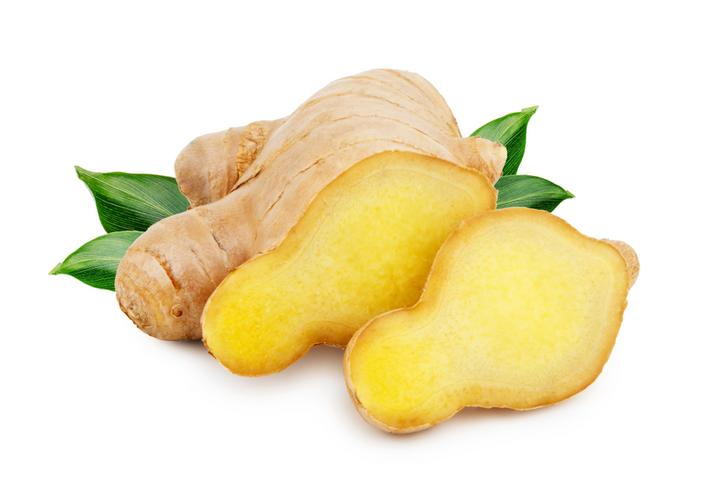
Advertisement





